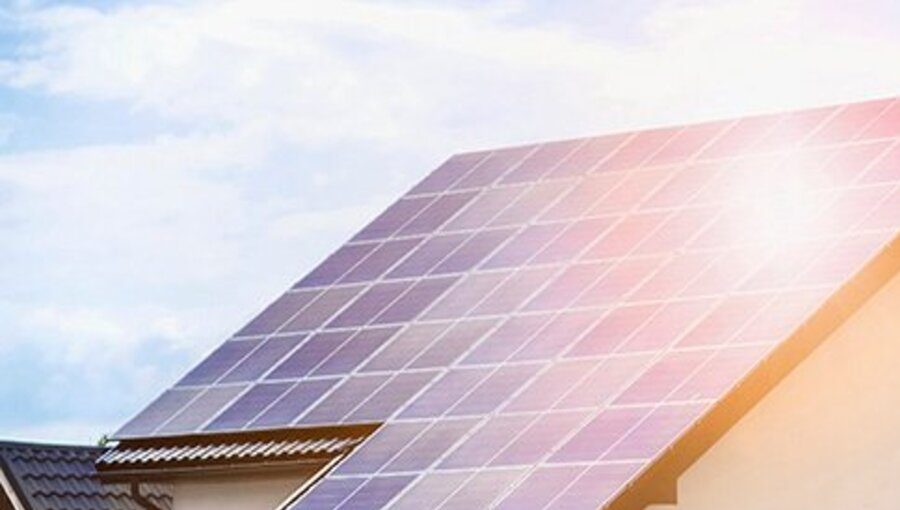A recent study conducted by an international research team, including institutions such as Tohoku University and the University of Tokyo, has demonstrated that Japan can achieve significant energy independence and decarbonization by leveraging existing infrastructure, specifically rooftop solar panels combined with electric vehicle (EV) batteries. The analysis, which assessed all 1,741 municipalities in Japan, concluded that this “PV + EV” model could meet up to 85 percent of the country’s electricity demands while reducing carbon dioxide emissions by 87 percent. With adequate rooftop space and a growing EV market, the study found potential generation of up to 1,017 terawatt-hours (TWh) per year from rooftop solar alone, which could surpass Japan’s total electricity production from 2022.
The researchers note that the advantages of the PV + EV system extend beyond emissions reductions; it could also lower energy costs by 33 percent by 2030. While rural areas may benefit from surplus electricity generation, urban centers like Tokyo face challenges due to limited rooftop space. The researchers emphasize the importance of policy support, including investments in bidirectional charging infrastructure and public engagement, to facilitate the successful implementation of this model. They encourage policymakers to consider regional variations, particularly in areas with less solar potential, to avoid exacerbating energy inequalities. The findings, published in the journal Applied Energy, offer promising insights not only for Japan but for other nations pursuing similar renewable energy solutions.

